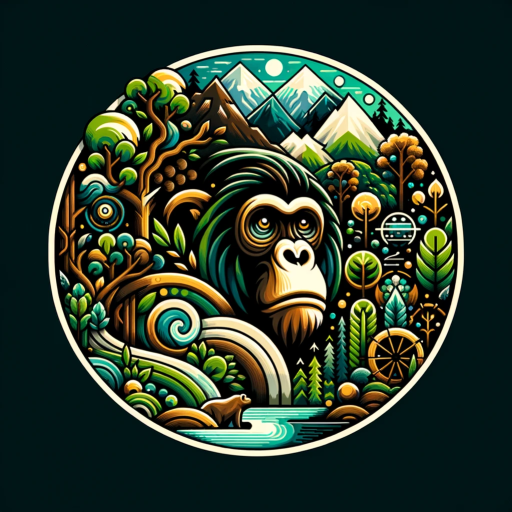“`html
Discover How Well You Know A.I. in Literature
The ever-evolving landscape of literature is continually shaped by emerging technologies, particularly artificial intelligence (AI). As we navigate this digital age, it’s worth examining how AI has been represented in literature over the years. From classic science fiction to contemporary novels, the portrayal of AI raises profound questions about humanity, ethics, and the future of technology. In this blog post, we’ll dive deeper into the fascinating representations of AI in literature and give you an opportunity to test your knowledge with a fun quiz.
The Rise of A.I. in Literature
Artificial intelligence has been a key theme in literature since the early 20th century. It has evolved alongside technological advancements, presenting various interpretations and societal implications. Here are some significant milestones:
- Mary Shelley’s “Frankenstein” (1818): Often dubbed the first science fiction novel, “Frankenstein” explores themes of creation and responsibility. Victor Frankenstein’s monstrosity can be viewed as an early representation of AI gone wrong.
- Karel Čapek’s “R.U.R.” (Rossum’s Universal Robots, 1920): This play introduced the term ‘robot’ and highlighted the ethical dilemmas associated with creating life, focusing on the consequences of industrialization.
- Isaac Asimov’s “I, Robot” (1950): This collection of short stories provides a framework of ethical guidelines for robots, presenting the famous Three Laws of Robotics.
- Philip K. Dick’s “Do Androids Dream of Electric Sheep?” (1968): This narrative questions what it means to be human, exploring themes of empathy and artificiality.
- William Gibson’s “Neuromancer” (1984): A seminal cyberpunk novel, it delves into AI’s potential and the integration of technology into human existence.
Contemporary Reflections on A.I. in Fiction
Today, AI’s representation in literature has become even more nuanced and complex, reflecting our ambivalence toward technological advancements. Here are a few modern works that capture the essence of AI:
- “The Circle” by Dave Eggers (2013): This novel critiques the pervasive nature of technology and how it influences personal privacy and society.
- “Westworld” (TV Series) (2016-present): Based on the 1973 film, this series explores consciousness and free will in a world where AI serves human desires.
- “Machines Like Me” by Ian McEwan (2019): This story questions the moral implications of human-like AI and its impact on interpersonal relationships.
- “Klara and the Sun” by Kazuo Ishiguro (2021): A poignant tale about an artificial friend, examining themes of love, longing, and the very essence of humanity.
Why A.I. in Literature Matters
The inclusion of AI in literature is not merely a trend; it is reflective of our societal anxieties, hopes, and philosophical dilemmas. Here’s why understanding these portrayals is essential:
- Ethical Considerations: Literature serves as a platform to explore ethical dilemmas surrounding AI and automation, prompting discussions about privacy, surveillance, and autonomy.
- Human Identity: Many narratives challenge our definitions of humanity, raising questions about empathy, consciousness, and what it means to be “alive.”
- Future Predictions: Fiction often forecasts the implications of technological advancements, providing readers with a lens through which to view potential futures.
Test Your Knowledge: A Fun A.I. Quiz!
Now that we’ve explored the relationship between AI and literature, it’s time to put your knowledge to the test! Below are a few questions that will challenge your understanding of AI-themed literature:
- Question 1: Who is considered the “mother of science fiction” whose novel features a creature created through scientific experimentation?
- Question 2: In Karel Čapek’s play, what does the term ‘robot’ originally mean?
- Question 3: What are the Three Laws of Robotics introduced by Isaac Asimov?
- Question 4: Which contemporary novel features an AI character named Klara, who observes human emotions?
These questions can assist you in reflecting on the reading materials that have significantly shaped our understanding of artificial intelligence. If you’re not sure about the answers, consider revisiting some of the classics or exploring new literature centered around this theme!
Conclusion
Artificial intelligence has emerged as a compelling theme in literature, challenging us to consider our relationship with technology. As we embrace innovations in our daily lives, it’s crucial to examine how these developments influence our perception of humanity. Literature offers a space for these explorations, enriching our understanding and sparking necessary dialogues.
So, how well do you really know A.I. in literature? Whether you’re a seasoned reader or just dipping your toes into this captivating genre, we encourage you to reflect on the stories you’ve encountered and the lessons they teach us about our future.
“`

